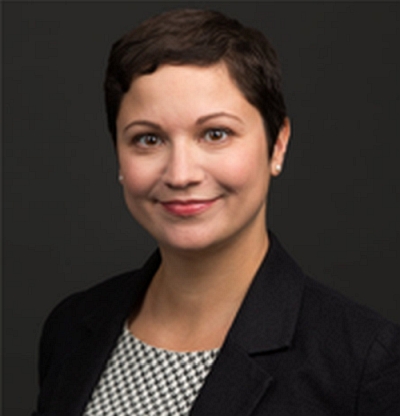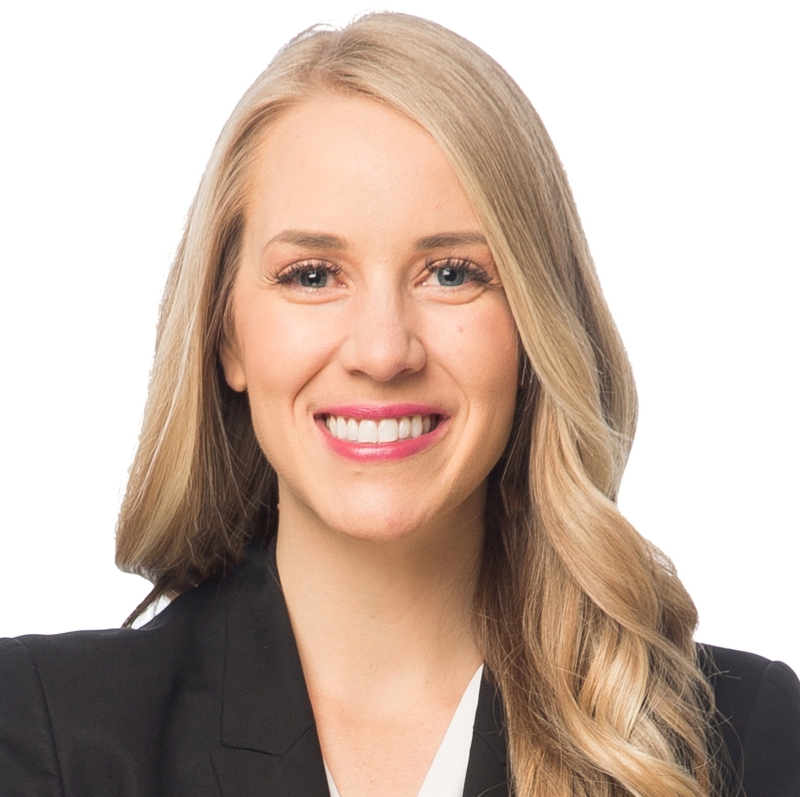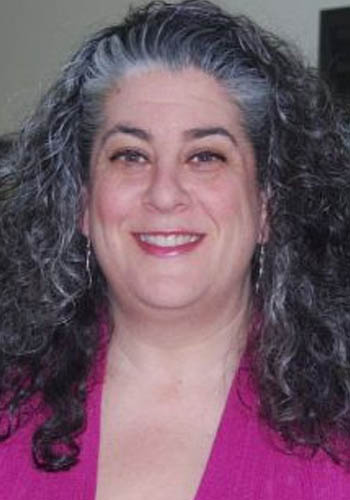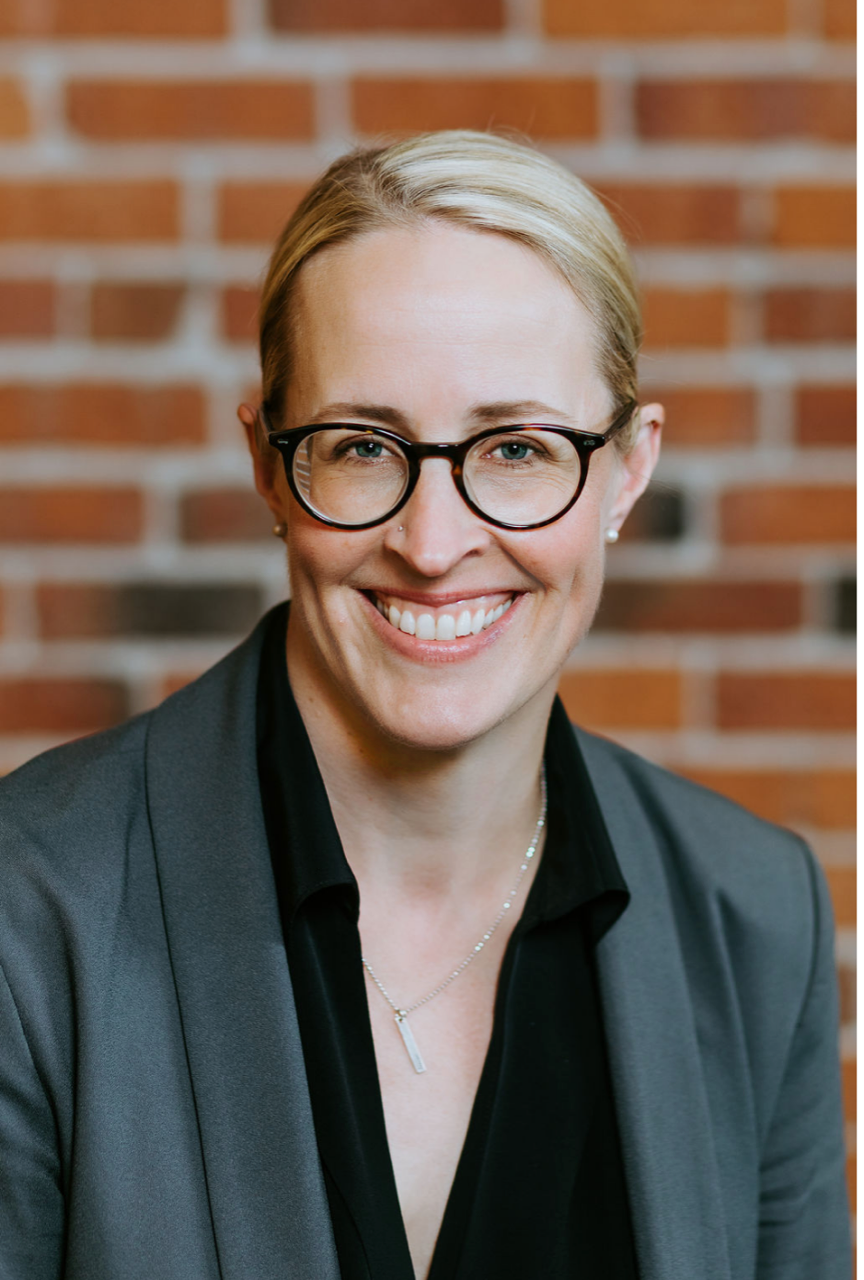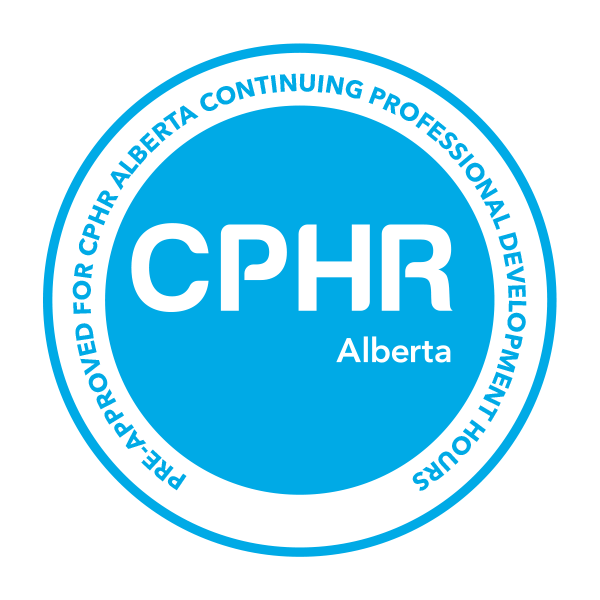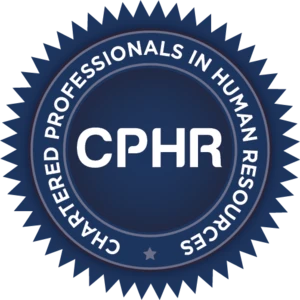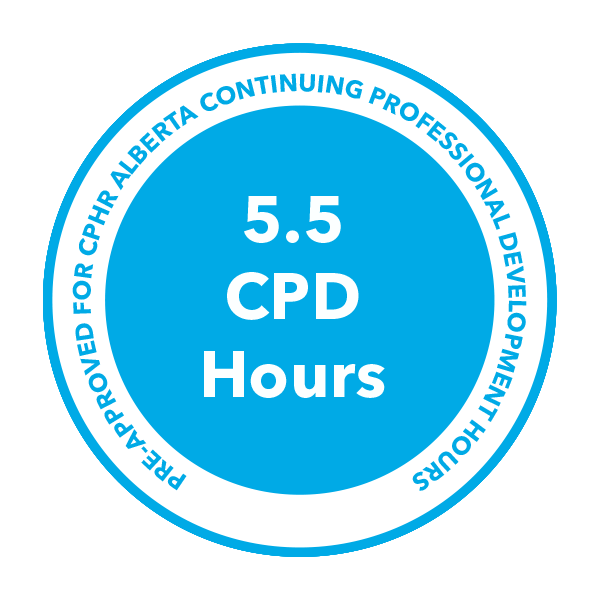Championing Workplace Equity, Inclusion, and Compliance
What is the Vancouver Human Rights and Accommodation Conference 2025?
The Vancouver Human Rights and Accommodation Conference 2025 is the premier event for HR professionals, legal practitioners, union representatives, and business leaders seeking cutting-edge insights into human rights law, workplace accommodations, and equity, diversity, and inclusion (EDI) best practices. Hosted by Lancaster House, this two-day event offers expert-led discussions, real-world case studies, and interactive sessions to help organizations navigate emerging legal challenges in the workplace.
What We’re Covering
Our 2025 agenda is carefully curated to address the latest human rights issues and accommodation challenges facing employers, unions, and employees. Key topics include:
This conference features leading legal experts, HR professionals, and policymakers, ensuring attendees receive actionable strategies and the most up-to-date legal interpretations.
Who Should Attend?
This event is designed for professionals across multiple industries, including:
Key Learning Outcomes
By attending this conference, you will:
✔ Understand the latest human rights law updates and their impact on workplace policies.
✔ Gain best practices for accommodation requests related to disability, religion, and family status.
✔ Develop strategies for fostering an inclusive workplace and preventing discrimination.
✔ Learn from top legal and HR experts through engaging panel discussions and real-world case studies.
✔ Network with industry peers and build valuable professional connections.
Conference Packages & Registration Details
Choose from a range of flexible registration options:
🎟 Two-Day Conference Pass – Access to all panels, keynotes, and networking events.
📚 Conference + Materials Bundle – Includes all session recordings and presentation slides for post-event reference.
🏆 Group Discounts Available – Save when registering multiple team members.
Why Choose Lancaster House?
With over 45 years of excellence in legal education, Lancaster House is Canada’s leading provider of workplace law expertise. Our conferences are trusted by top HR professionals, legal experts, and industry leaders for their unparalleled depth, practical insights, and real-world applicability.
🔹 Expert-Driven Content – Learn from Canada’s leading human rights and labour law specialists.
🔹 Unmatched Networking Opportunities – Connect with decision-makers and industry peers.
🔹 Practical, Actionable Insights – Walk away with strategies you can implement immediately.
🔹 Comprehensive Resource Materials – Access detailed case law summaries and best practice guides.
Reserve Your Spot Today!
Secure your place at Canada’s most essential human rights and accommodation event. Don’t miss this opportunity to enhance your expertise and ensure workplace compliance in 2025 and beyond!
Thursday, April 17, 2025
Breakfast: 8:00 am – 9:00 am PT
Opening remarks: 9:00 am – 9:05 am PT
Break: 10:20 am – 10:35 am PT
Break: 11:35 am – 11:45 am PT
Lunch: 12:15 pm – 1:15 pm PT
Break: 2:30 pm – 2:45 pm PT
Closing Remarks: 4:00 pm PT
Wednesday, April 16, 2025
Workshop
*Workshop sold separately from stand-alone conference.
Vancouver Human Rights and Accommodation Conference
Conference Co-Chairs
Conference Advisory Committee
Laura Track
Laura Track
Human Rights Lawyer
Director, Human Rights Clinic and Director,
Public Legal Education, Community Legal Assistance Society (CLAS)






